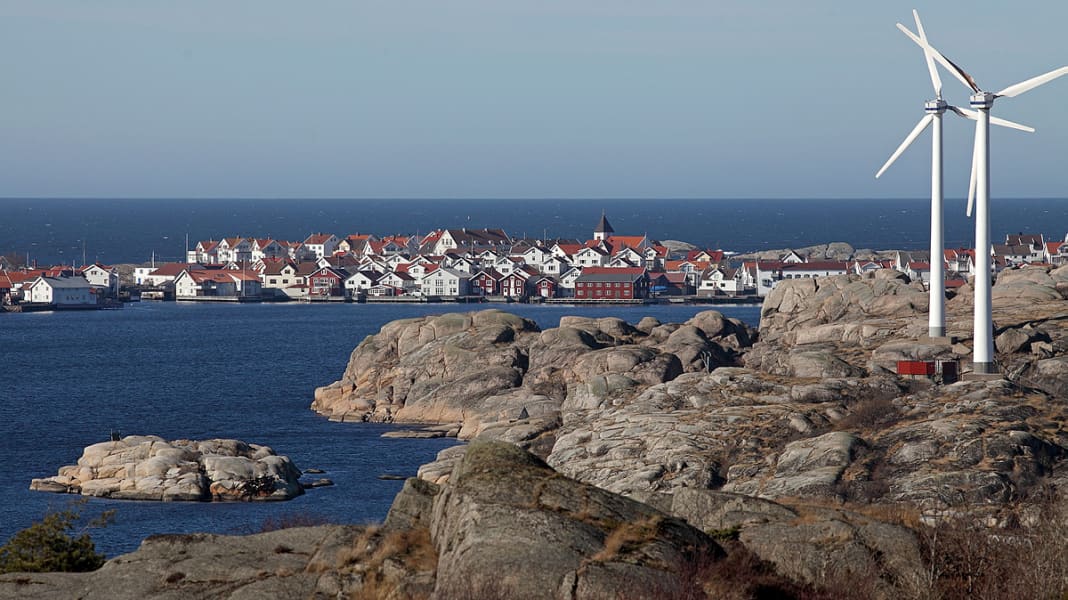Skagerrak: Sweden and Norway build 400 new charging points for electric boats
Tobias Frauen
· 06.01.2023

Good conditions in the region
According to the project organisers, the region offers good conditions for the changeover. There are relevant technology suppliers and good knowledge of vehicle electrification. Parts of the charging infrastructure are to come from the automotive sector and existing installations are to be utilised.
Peter Berg, Innovation Leader for Energy at Innovatum Science Park in Trollhättan, says: "It will be exciting to work with a different area within the ongoing electrification process." This will require boats with associated charging infrastructure and a new power supply in coastal communities. "It's not entirely wrong to hope that we will have a quieter and cleaner boating life in summer," Berg continues.
Norway is a pioneer in electrification
Compared to Sweden, Norway is already further along with the conversion of recreational boats. Among other things, there has been an electric boat association for several years with the aim of promoting the environmental transition for leisure boats. The municipality of Arendal is working on both charging plans and a charging card, and the Lydløs Electric Boat Festival is a well-attended platform for the future of boating.
"Arendal Municipality has been working on the electrification of leisure boats for several years. Our new electric boat charging project is an exciting and visionary project that offers great opportunities for Nordic collaboration with the potential to accelerate the green transition in the recreational boating industry," says Ragnhild Hammer, Senior Climate and Environmental Advisor at Arendal Municipality. "We are delighted to be part of the project and look forward to helping increase interest and knowledge about zero emissions at sea." The expansion of charging points for electric boats will also create new jobs, industrial growth, green technologies and the export of products and services.
The work areas of the electric boat charging project
The collaboration will take place under the name go:LEIF (Green Transition with Charging, Electrification and Infrastructure for Recreational Boats) and will run from 1 March 2023 to 31 December 2025.
The project's areas of work:
- Create interest and knowledge about electric boats and charging among harbours, municipalities and recreational boaters
- Provision of test facilities for boats and charging points
- Strengthening the region's technological development and business life in relevant areas
- Research studies around the use of recreational boats for knowledge building, which is important for the development of electric boats and charging infrastructure
- Business models for charging, impact on electricity grids and potential to combine boat charging with renewable energy generation
In addition to Business Region Göteborg, Innovatum Science Park and Agder County Municipality, the project also involves Fyrbodals Kommunalförbund, Göteborgsregionens fritidshamnar AB, Göteborgsregionens Kommunalförbund, Lysekils Energi Vind Aktiebolag, Lysekil Municipality, SSPA Schweden AB, Arendal Municipality, Lydløs and the University of Sørøst-Norge.
go:LEIF is co-financed by the European Union Interreg Öresund-Kattegat-Skagerrak and the Green Transition intervention area.

